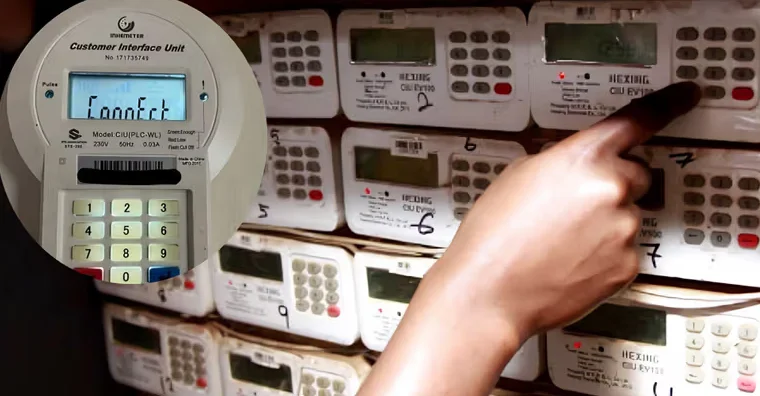
Token keypads. Image file
In Summary:
- Electricity bills to increase by 359 cents (about Sh3.50 per unit).
- Increase comes despite lower fuel prices and a stronger Kenyan shilling.
Electricity bills are set to rise by 359 cents, approximately Sh3.50 per unit, according to the Energy and Petroleum Regulatory Authority (EPRA). This increase, which takes effect in June 2024, comes despite a drop in fuel prices and a favorable foreign exchange rate for the Kenyan shilling.
EPRA Director General Daniel Kiptoo, in a gazette notice, stated that “…all prices for electrical energy specified in Part II of the said schedule will be liable to a fuel energy cost charge of plus 359 Kenya cents per kWh for all meter readings to be taken in June, 2024.”
Several generators have raised their prices, including Kipevu I Diesel Plant, Kipevu III Diesel Plant, Rabai Diesel (both with and without steam turbine), and Iberafrica Diesel’s additional plant.
This price hike follows Kenya Power’s announcement of a power bill reduction in April, which was influenced by fuel cost charges and foreign exchange adjustments.
For instance, domestic customers using less than 30 units per month saw their bills drop to Kes629 in April from Kes729 in March 2024.
The Energy Ministry is working to reduce system losses that prevent customers from benefiting from lower electricity bills.
Energy Cabinet Secretary Davis Chirchir emphasized that Kenya Power needs to reduce these losses to an average of 20 percent in the short term.
Currently, system losses remain above the allowed limit, with Kenya Power reporting losses of 23.49 percent in December 2022, up from 22.43 percent in 2021.
Although Africa’s system losses average between 20-40 percent, Kenya’s performance is relatively better.
System losses, which are the difference between total net generation and energy sales, arise from both technical inefficiencies and commercial factors such as power theft.
Chirchir highlighted the government’s commitment to doubling energy efficiency to reduce electricity costs.
Enhancing energy efficiency is expected to improve energy security, reduce foreign currency expenditures on energy imports, alleviate peak-time grid strain, and lower emission-related costs.
“As we cut losses, we are gearing towards lowering the cost of power because once we lower our distribution and transmission losses, that directly translates through our power bills and that is what energy efficiency is all about,” Chirchir stated.
Kenya Power has devised a new Strategic Plan for 2023/24 – 2027/28, focusing on reducing system losses by identifying and addressing affected areas.
Chirchir also mentioned that the country requires $5.3 billion (Sh686.2 billion) to upgrade power transmission lines and prevent frequent blackouts.
